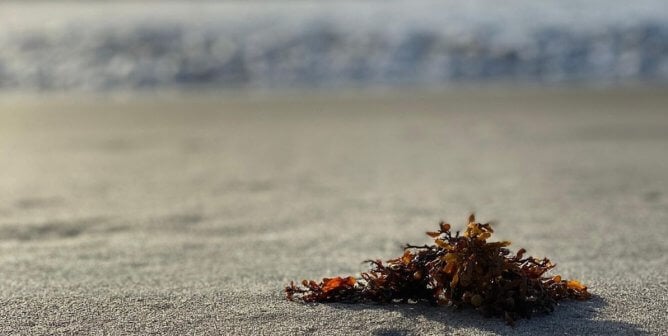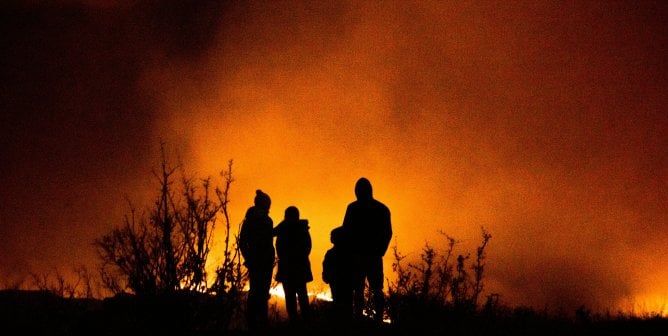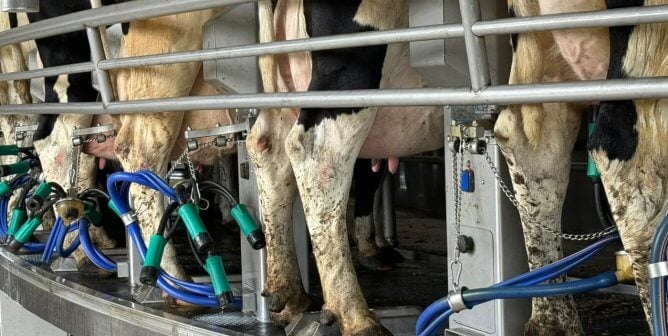Things the Meat and Dairy Industries Do to Our Water—and Hide
Do you feel guilty when you indulge in a bubble bath or a long shower when your muscles ache? What about when you water your yard, wash your car, or let the kids play in the sprinkler when it’s hot outside? Well, don’t feel guilty any longer.
We’re constantly told that we need to cut our water usage and that the key to protecting this natural resource is for households to conserve, conserve, conserve. But legions of people with aching muscles and dirty cars aren’t going to affect the water supply nearly as much as the meat, dairy, and egg industries do.
Here’s what they don’t want you to know about animal agriculture’s massive (and frightening) water hoof print:
An estimated 55 percent of the freshwater supply in the U.S. goes to raising animals for food. Growing an enormous amount of crops to feed to farmed animals, providing them with drinking water, and cleaning massive, filthy farms and slaughterhouses are grossly inefficient when compared to eating plant-based diets.

Each day, humans worldwide drink an estimated 5.2 billion gallons of water. Cows drink roughly eight and a half times that amount in a day—45 billion gallons.
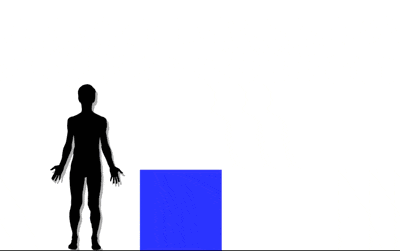
It takes up to 2,400 gallons of water to produce 1 pound of beef. That’s more than 50 bathtubs full of water.
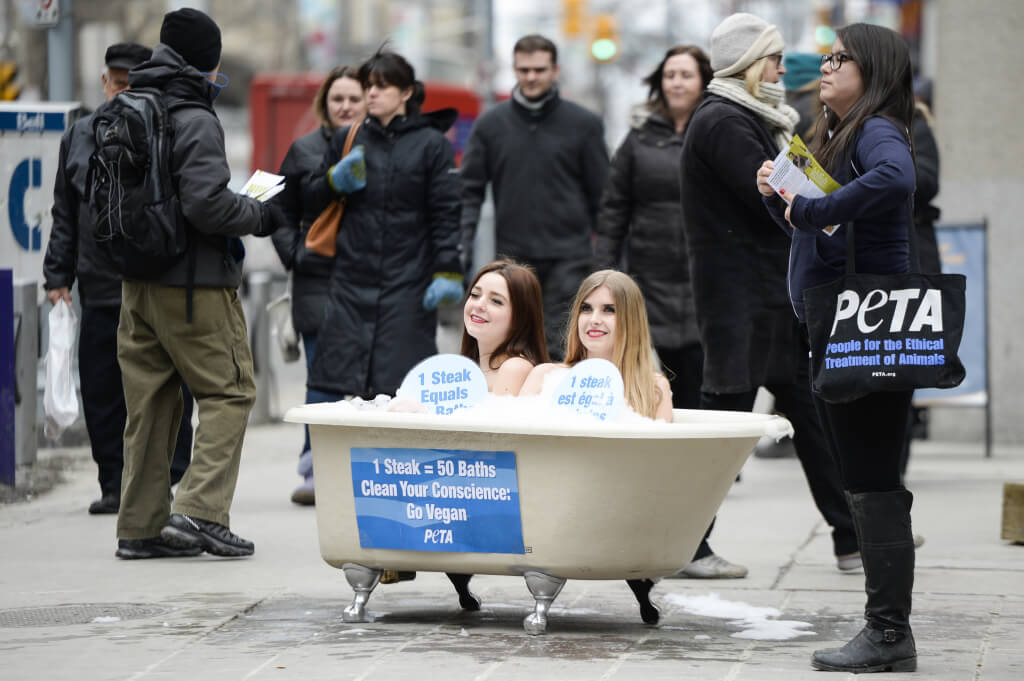
You need 477 gallons of water to produce 1 pound of eggs, 900 gallons for 1 pound of cheese, and 1,000 gallons to get a single gallon of cow’s milk.
You save more water by not eating a pound of beef than you do by not showering for six months.
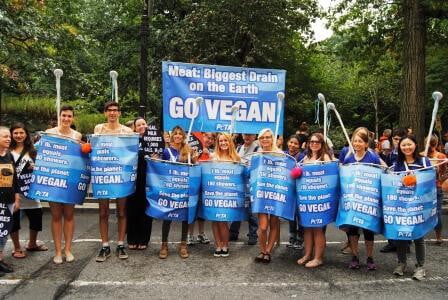
Animals raised for food produce more than 10 times as much waste as the entire human population does. Much of it runs off into waterways.
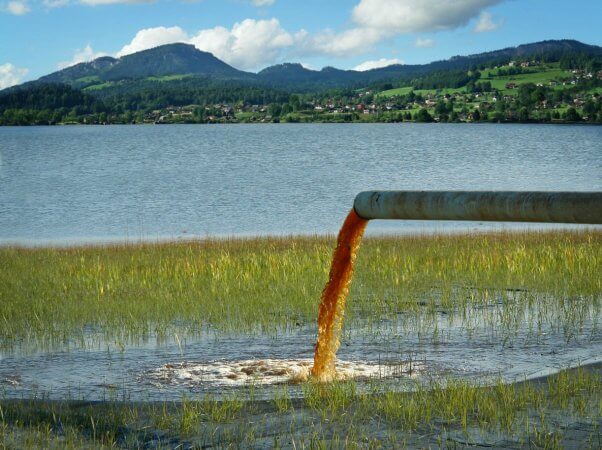
The meat and dairy industries are the main cause of nitrogen-flooded ocean dead zones.
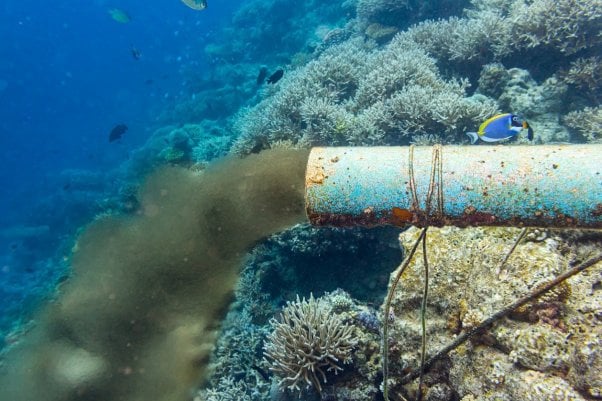
Seventy-five percent of the world’s fisheries are already exploited or depleted, even though delicious fish-free recipes and products are readily available.
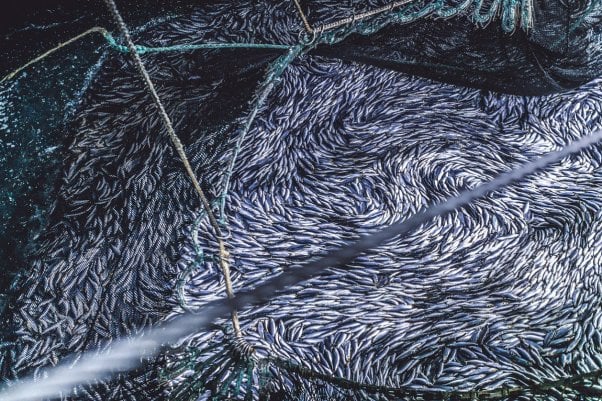
We could have fishless oceans by 2048.
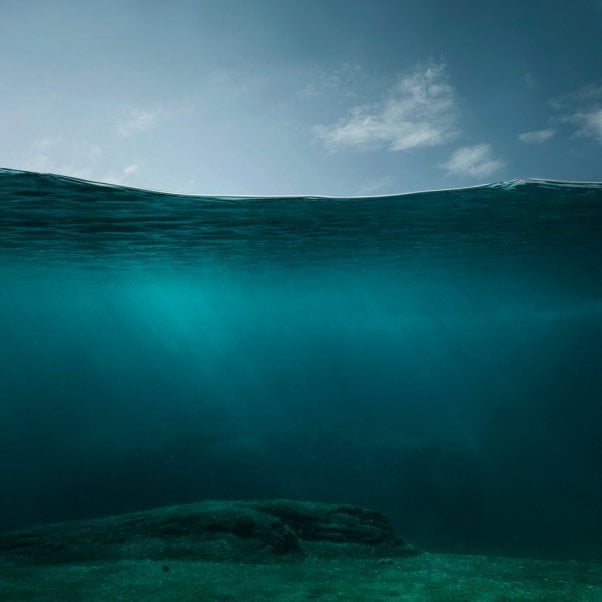
*****
While animal agriculture is killing the planet, it’s also killing billions of thinking, feeling, intelligent animals every year.
Going vegan protects not only animals but also our clean water supply, rivers, and oceans. One person who eats vegan saves approximately 1,100 gallons of water every day and drastically reduces his or her environmental footprint. Order PETA’s free vegan starter kit filled with tips and recipes. And go enjoy that shower.

